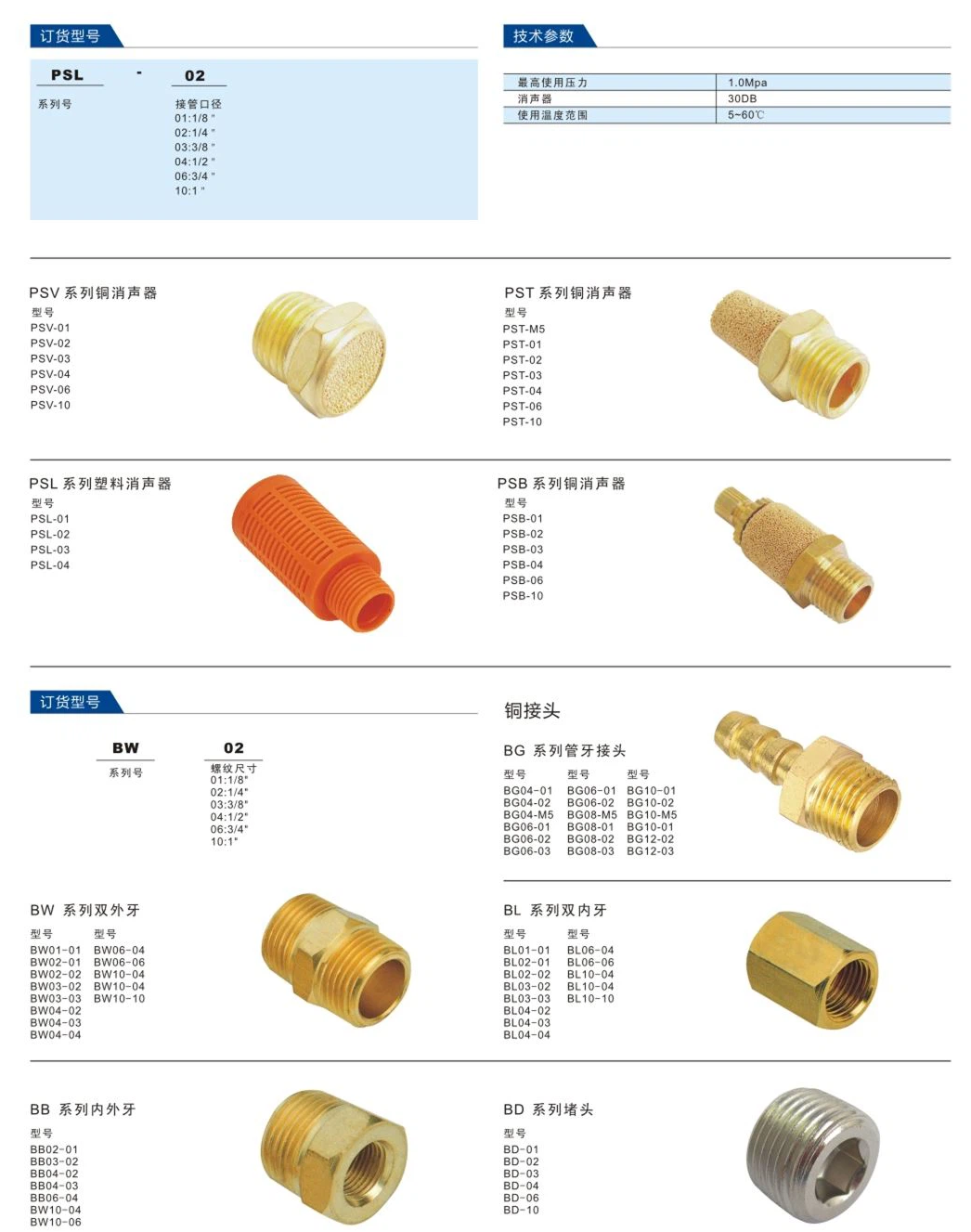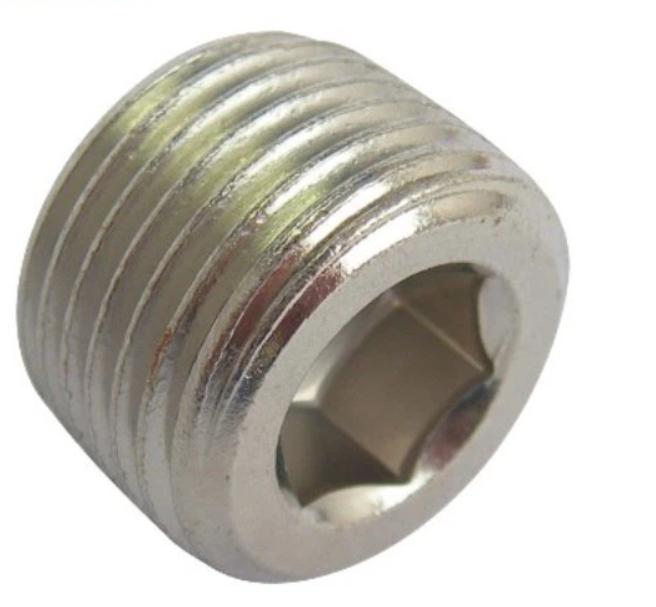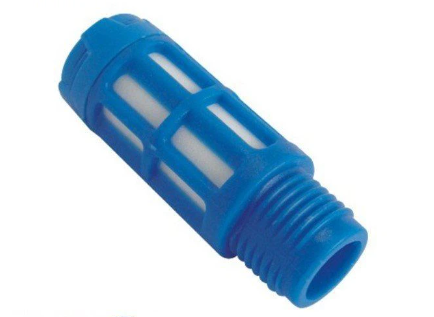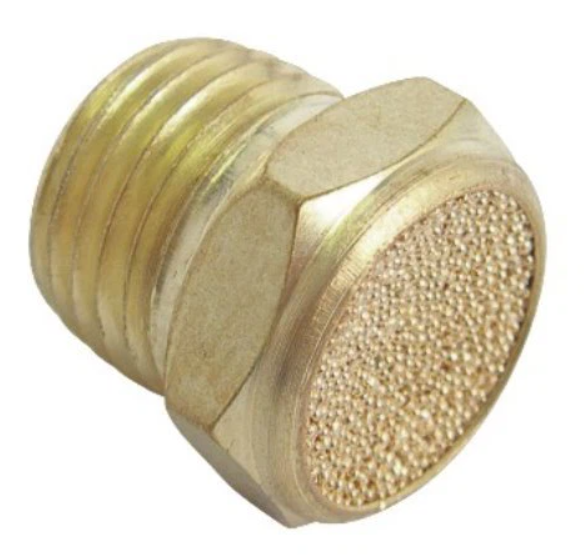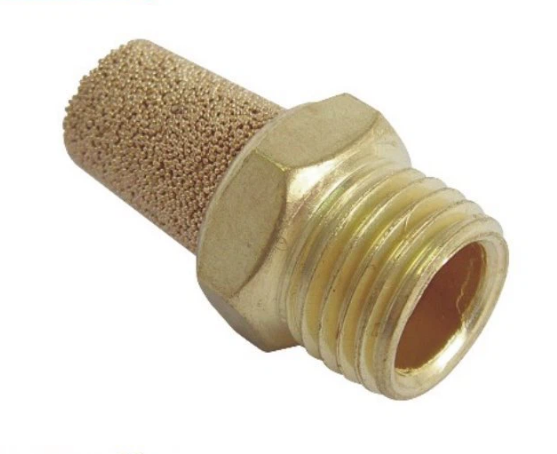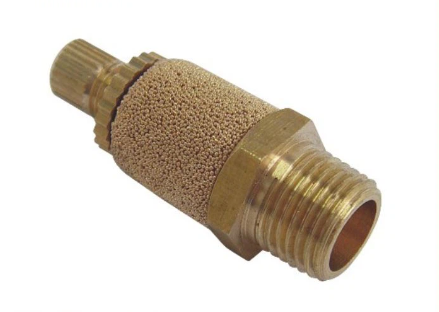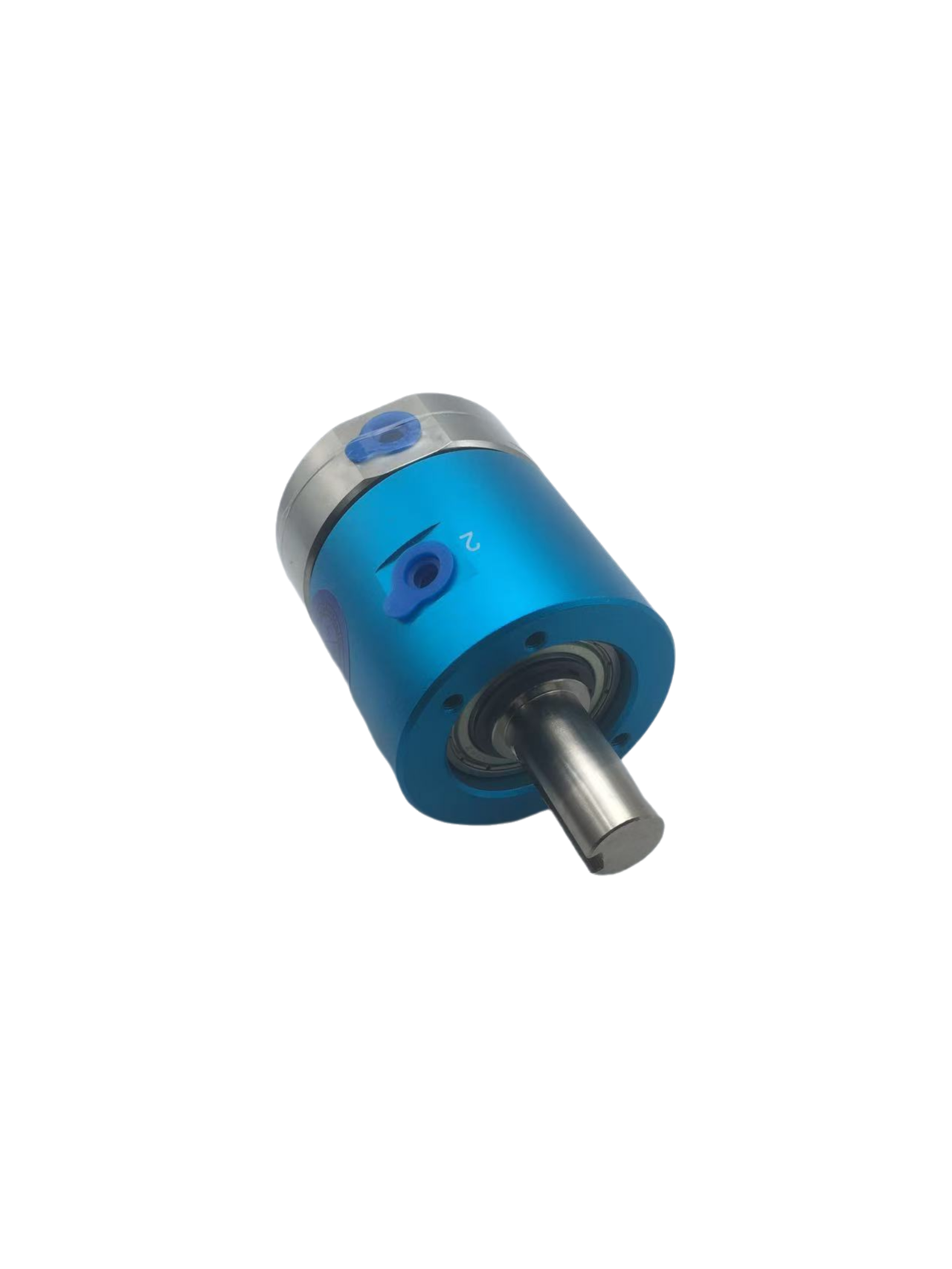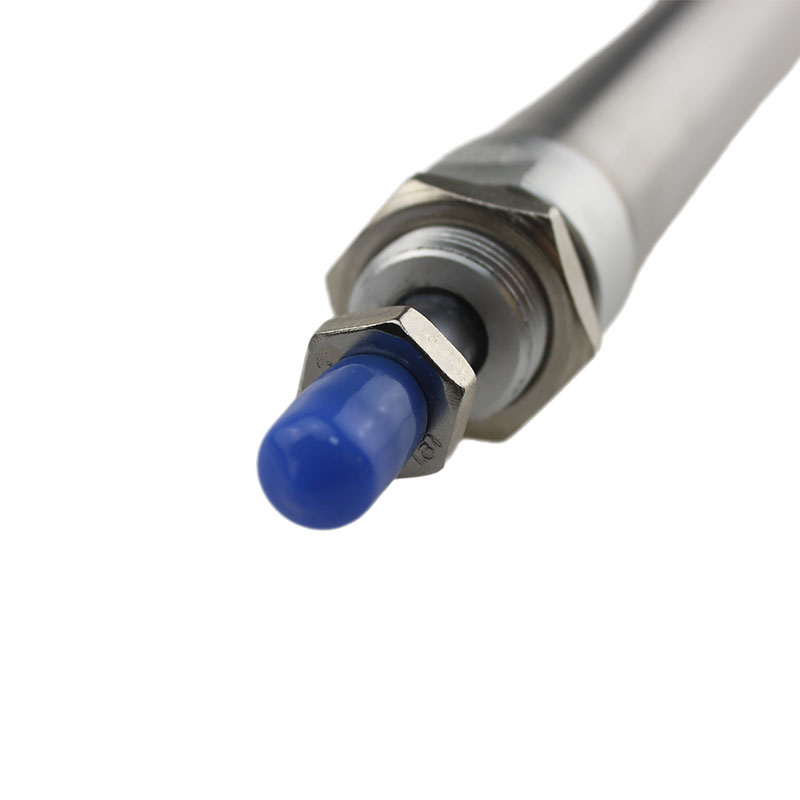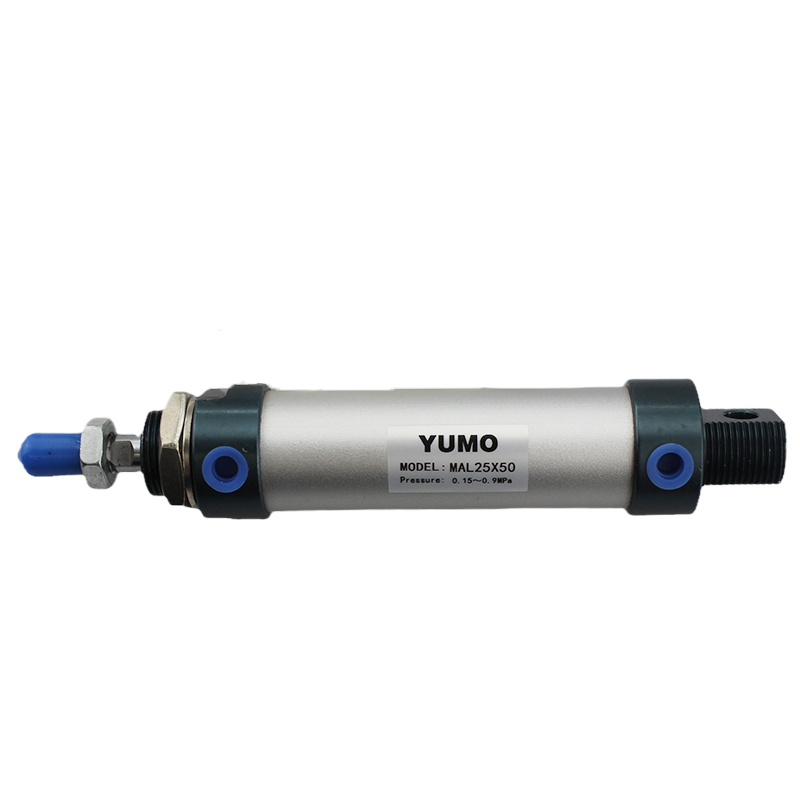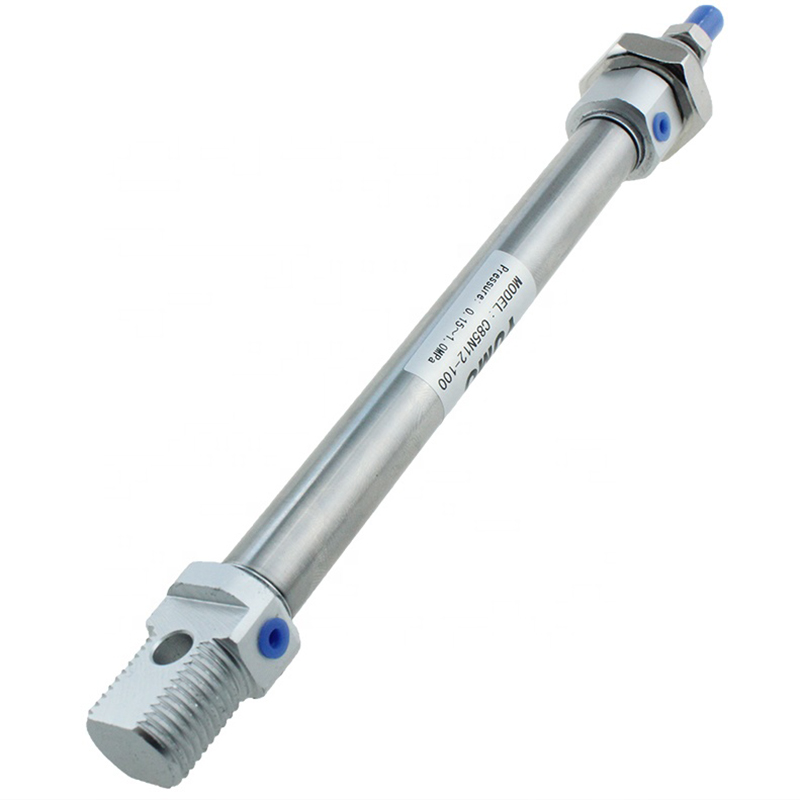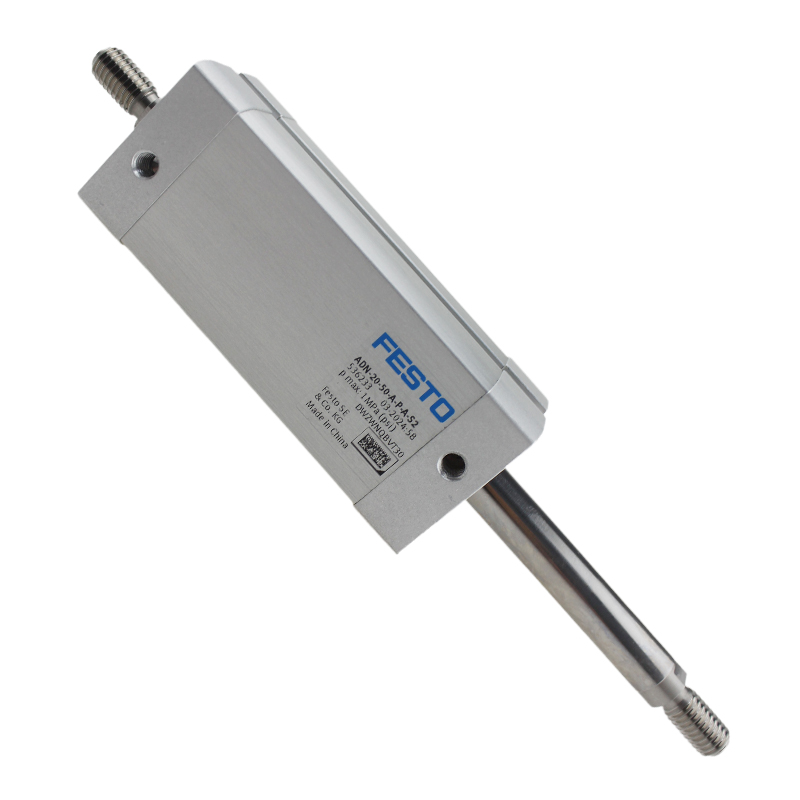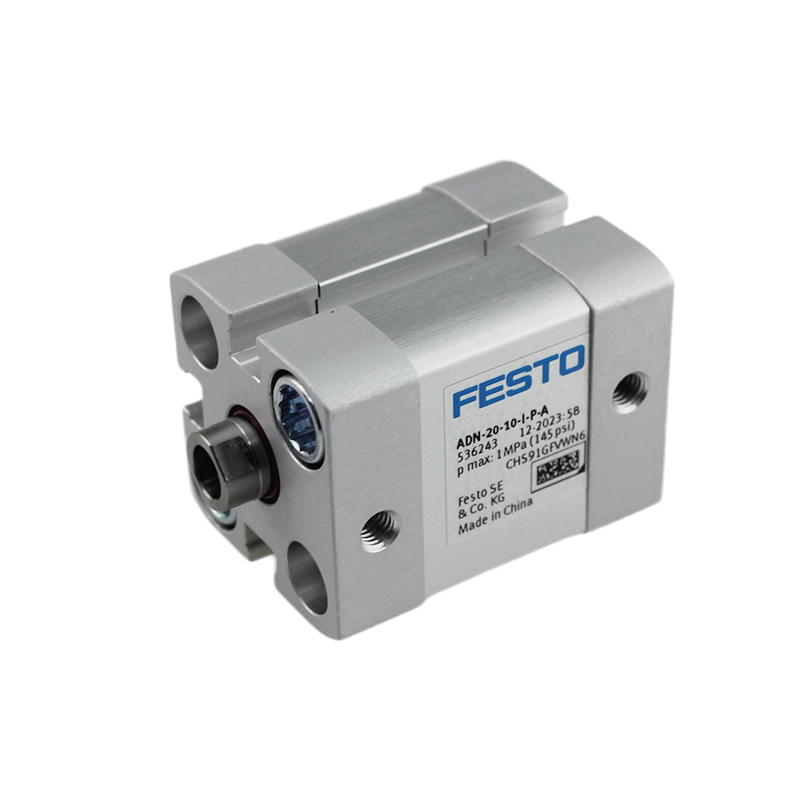pneumatic parts Abd Plug
- Model:
- Abd Plug
- Brand:
- YUMO
- MOQ:
- 10
- Place of Origin:
- China
- Usage:
- Single-channel open and closed pneumatic joints, both ends open and closed pneumatic joints, both ends open pneumatic joints
- Theory:
- Install plugs, install receptacles, connect gas lines
- Housing:
- Brass
- Certificate:
- CE ROHS
- Application:
- The connection of air compressor, air screwdriver, impact wrench, air pipe, grinder, air drill and other pneumatic tools
Function and application of pneumatic joint
First, the role of the pneumatic joint
A pneumatic joint is a component that connects pneumatic components or pipelines, usually used to connect compressed air, hydraulic oil, and other gases. Its main function is to realize the rapid disassembly and connection of pipelines and components, and to seal and maintain pressure.
Second, the classification of pneumatic joints
Depending on the structure and use of the joint, the pneumatic joint can be divided into many types. Common pneumatic joints include: quick joints, ordinary joints, bellows joints, reducer joints, rotary joints, etc. These joints have their own characteristics and scope of application.
Three, the application scenario of pneumatic joint
Pneumatic joints are widely used in pneumatic equipment, pipeline system and other fields. For example: factory pneumatic pipe system, automotive industry, aerospace field, petrochemical equipment, medical equipment system, etc. In these application scenarios, pneumatic connectors are mainly used to connect and disassemble various gas pipelines and equipment components to ensure the normal operation and safe work of the system.
Fourth, the principle and precautions of pneumatic joints
The connection and disassembly of the pneumatic joint usually adopt a quick trip method, which has the advantages of simple, quick, convenient and practical. However, in the use of the process, also need to pay attention to the following matters:
1. Make sure the connectors are of the same model and specification
2. Ensure that the surface of the joint is clean
3. Ensure that the connector is connected in the correct direction
4. Ensure that the joint is not affected by external forces during use
5. Check the sealing and connection performance of the joint regularly
